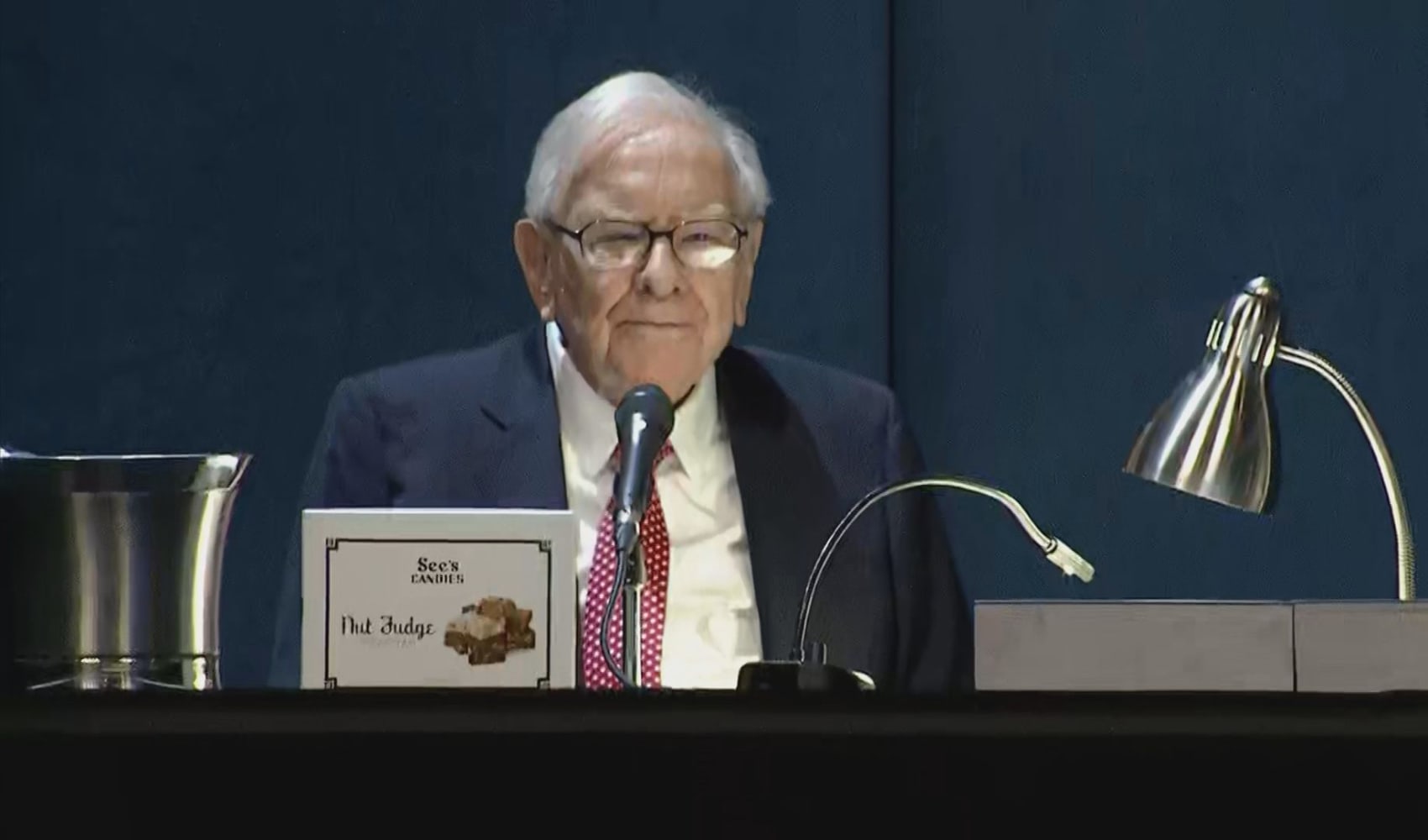
- The U.K. is heading for a General Election on July 4, and history may indicate a neutral to positive stock market reaction if the Labour Party ousts the Conservatives, analysts said.
- Since 1979, the MSCI UK index of large- to mid-cap stocks has been up by circa 6% six months after Labour victories and down circa 5% following Conservative Party wins, according to research by Citi.
- Given the limited differences in both parties' expected fiscal management, sterling and bonds are expected to be more swayed by the interest rate outlook.

STAY IN THE KNOW
Watch NBC10 Boston news for free, 24/7, wherever you are. |
|
Get Boston local news, weather forecasts, lifestyle and entertainment stories to your inbox. Sign up for NBC Boston’s newsletters. |
LONDON — The U.K. is less than six weeks away from a General Election in which polls suggest the center-left Labour Party could return to power after 14 years — and analysts say stock markets would react positively to that outcome.
A Labour victory would oust the right-wing Conservative Party led by Prime Minister Rishi Sunak, who announced the July 4 vote last week. Even if Labour does not achieve a parliamentary majority, it could seek a coalition partner with a smaller party to form a government unless the Conservatives deliver a surprise outperformance.
In a Wednesday note analyzing stock movements from 1979 onward, Citi said that U.K. stocks have historically been "relatively flat to down" in the six months following elections (the research excludes the "volatile financial conditions" of the DotCom crash and Great Financial Crisis).
The MSCI UK index of large- to mid-cap stocks has been up by circa 6% six months after Labour victories and down circa 5% following Conservative wins, according to Citi.
The more domestically-oriented FTSE 250 has tended to outperform the FTSE 100 following elections, with stronger outperformance following Labour victories, it said.
Defensive stocks and financials tend to perform better post-elections, with energy performing well on both sides, the bank also found.

According to Capital Economics, the U.K. stock market has faltered on five occasions under past Labour governments.
Money Report
However, the consultancy's Chief Markets Economist John Higgins said it would be "disingenuous" to attribute those entirely to the party. They occurred during the Great Depression of the 1930s, in the post-war 1940s, the aftermath of the oil market shock in the early 1970s, the DotCom crash in 2000 and during the Great Financial Crisis, he said in a note Thursday.
Higgins also observed that the relative performance of U.K. stocks has "generally been underwhelming since 2010," when the Conservatives took office.
"Whatever your view of history, we doubt the Labour Party's return to power would be a big deal for investors this time around," Higgins added.
Fiscal fight
Labour's leadership, particularly Shadow Finance Minister Rachel Reeves and party leader Keir Starmer, have repeatedly stressed over the last year that they will focus on fiscal discipline and look to reduce the national debt as a share of gross domestic product.
Reeves, a former banker, has also sought to woo business leaders and the financial establishment, meeting with executives and attending events such as the World Economic Forum in Davos.
Barclays CEO C.S. Venkatakrishnan told CNBC in January that political risk in the U.K. was "far less than it's ever been" and that the difference in economic policies between the parties was "fairly minimal."
Labour figures have made clear that in the current campaign, they will accuse the Conservatives of running up a high public debt and of denting the U.K.'s economic credibility during the so-called "mini-budget crisis" under Sunak's short-serving predecessor Liz Truss.
In comments last week, Sunak said inflation had gone "back down to normal," the economy was growing and wages were "rising sustainably."
Sterling outlook
Capital Economics' John Higgins said that past Labour governments have coincided with five crashes in the British pound over the last 100 years, but that broader factors were again at play.
Three could be attributed to the "unsustainability of fixed exchange rate regimes" between the 1930s and 1970s, one to the Great Financial Crisis, and the fifth to the 1976 Debt Crisis, he said.
The lack of fiscal divergence between the parties means the outlook for both sterling and U.K. government bonds, known as gilts, will remain more connected to the interest rate outlook, analysts predict.
"[Foreign exchange] market reactions are strongest when there is a large degree of uncertainty around an election. This can't be applied to the current situation, and if history is a guide, we should expect modest sterling gains over the next few weeks, and almost no reaction to the outcome of the election itself," Joe Tuckey, head of FX analysis at Argentex Group, said in a Friday note.
"This was the playbook in the run up to the 1997 New Labour win, where sterling rallied just 2.5% in the few weeks before polling day. In many ways, sterling will refocus around inflation and Bank of England rate policy which is likely to be more determinative of price moves than the election outcome."
— CNBC's Ganesh Rao contributed to this article






